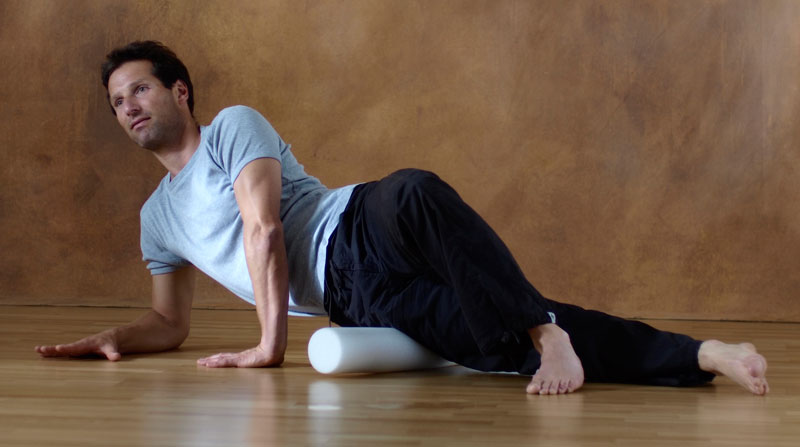Myofascial Approach Effective in Improving Anxiety Levels
Anxiety disorders are among the most common mental health conditions worldwide, affecting millions of people. While several therapeutic approaches have been proposed to treat anxiety, the use of complementary and alternative medicine is also gaining momentum. One such approach is the myofascial therapy, which involves the manipulation of the body’s soft tissues to relieve pain and tension.
A study from Complutense University of Madrid in Spain analysed the efficacy of the myofascial approach in patients with clinical anxiety. The study involved thirty-six adult patients with clinical anxiety, who were randomized to receive either myofascial treatment or placebo.
The patients and evaluators were blinded to the assignment, and the treatment consisted of four myofascial sessions of 40 minutes each over four weeks. The placebo intervention consisted of four sessions of simulated myofascial intervention of the same duration and frequency as the treatment. Follow-up was at one, three, and six months.
The primary outcome of the study was clinical anxiety, measured using the State-Trait Anxiety Inventory (STAI). Secondary outcomes included central sensitization, general health, somatization, depression, and pain.
The results of the study showed significant differences in the behavior of the groups over time for clinical anxiety (STAI Trait-Anxiety), central sensitization, and somatization in favor of the myofascial group. The effect size for anxiety was large, while that for central sensitization and somatization was medium. The myofascial therapy was found to be effective in improving anxiety levels and associated central sensitization processes in patients with clinical anxiety, and this improvement was maintained over time.
Regarding clinical anxiety, a mean difference was observed with respect to the baseline of 19.98 points in the myofascial group (p < 0.001) and 5.95 in the placebo group (p = 0.22). The intention-to-treat principle was used, and there were no adverse events or side effects in either group.
The findings of this study suggest that the myofascial approach is a promising therapeutic option for patients with clinical anxiety. The approach’s non-invasive and non-pharmacological nature makes it an attractive option for those seeking complementary and alternative medicine for anxiety treatment. However, further research is necessary to establish the long-term benefits of myofascial therapy and its role in anxiety management.

